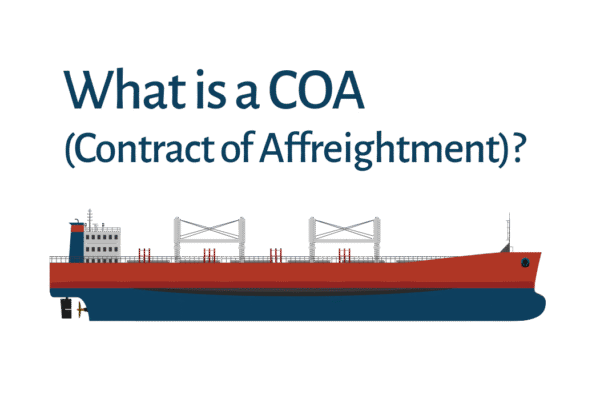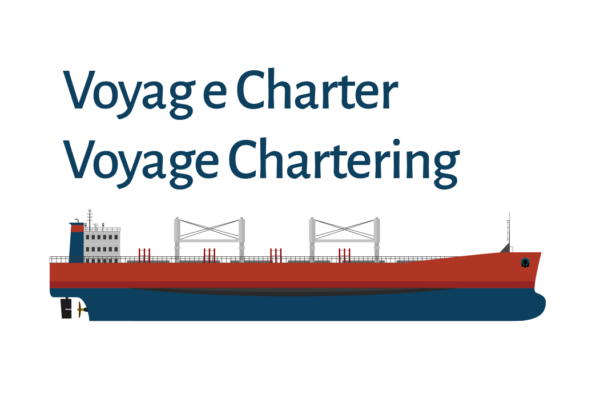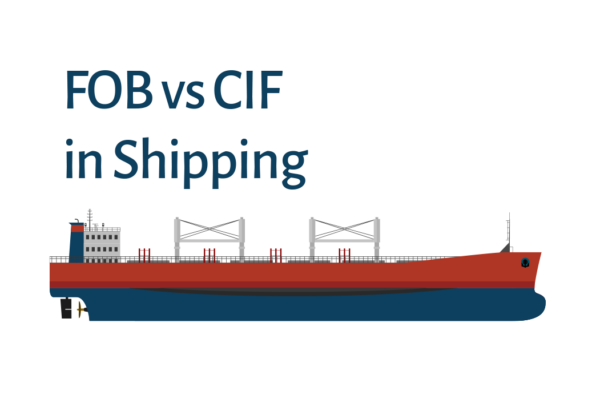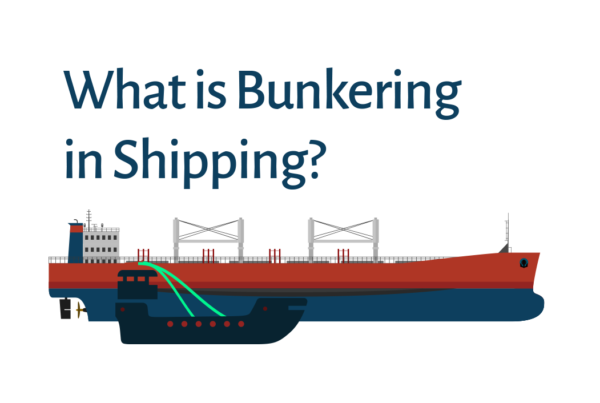In today’s global economy, efficient transportation of goods is the backbone of trade and commerce. The freight forwarder is at the center of this system. They play a key role in moving goods smoothly from where they start to where they end up. Apart from ship agency companies, freight forwarders are mostly involved in different modes of transportation.
But what exactly is a freight forwarder, and why are they indispensable in the freight industry?
A freight forwarder is a company or individual that acts as an intermediary between shippers (businesses or individuals shipping goods) and carriers (transport providers such as shipping lines, trucking companies, or airlines). While they don’t physically transport goods, freight forwarders coordinate all logistics involved in shipping.
From arranging transport modes to handling customs clearance and ensuring timely delivery, freight forwarders manage the complexities of international and domestic shipping.
Key Responsibilities of a Freight Forwarder
From Point of Surplus to the Point of Demand
Freight forwarders provide comprehensive services that streamline the shipping process:
- Booking Cargo Space: Freight forwarders book space with carriers to ship freight using the most efficient and cost-effective modes of transportation, including air freight, ocean freight, trucking, and rail.
- Customs Clearance: Handling customs regulations can be challenging, especially in foreign commerce. Freight forwarders manage the necessary documentation to ensure goods pass customs without delays.
- Coordination Across Modes of Transportation: Whether it’s air, sea, or land, freight forwarders optimize the route and ensure a smooth transition between different transportation methods.
- Cargo Insurance: Freight forwarders provide insurance options to protect goods against damage or loss during transit.
- Shipment Tracking: Using advanced technologies, freight forwarders offer real-time updates to keep shippers informed about the status of their goods.
- Cost Optimization: With their bargaining power and expertise, freight forwarders negotiate competitive rates and consolidate shipments to minimize costs.
Freight forwarders play a critical role in international shipping by simplifying complex logistics and ensuring compliance with global trade regulations. They assist businesses in navigating legal responsibilities, understanding local rules, and preparing required documents, such as bills of lading and commercial invoices.
How Freight Forwarding Works
A Step-by-Step Process
- Export Haulage: Goods are transported from the shipper’s location to the freight forwarder’s facility or directly to the port of departure.
- Origin Handling: Freight forwarders inspect the cargo, ensure proper documentation, and prepare it for export.
- Export Customs Clearance: Necessary paperwork is submitted to customs authorities to gain export approval.
- Transportation to Destination Country: The goods are shipped to the destination country using the chosen mode of transportation.
- Import Customs Clearance: Freight forwarders manage customs clearance upon arrival, ensuring compliance with the destination country’s regulations.
- Destination Handling and Delivery: The goods are transported from the port of arrival to the consignee’s final destination.
As it can be seen from above, a freight forwarder company can handle a full logistics chain from the door of the shipper up to the door of receivers according to the Incoterms agreed by the parties.
Freight Forwarder vs. Freight Broker
While freight forwarders and freight brokers are often confused, they serve distinct roles:
-
- Freight Forwarders: Provide end-to-end logistics solutions, including warehousing, customs clearance, and insurance. They may handle international shipments and even take temporary possession of goods.
- Freight Brokers: Focus on connecting shippers with carriers for transportation within domestic markets. They don’t handle goods physically or provide warehousing services.
Benefits of Using a Freight Forwarder
A Step-by-Step Process
- Expertise in the Freight Industry: Freight forwarders possess in-depth knowledge of logistics, customs clearance, and carrier safety administration.
- Time and Cost Savings: By consolidating shipments and optimizing routes, they reduce transportation costs and save time.
- Global Reach: Their extensive network of partners allows them to handle international shipments with ease.
- Risk Mitigation: Freight forwarders provide insurance and track shipments to prevent potential losses.
- Simplified Logistics: Shippers can focus on their core operations while freight forwarders manage the complexities of transportation.
As it can be seen from above, a freight forwarder company can handle a full logistics chain from the door of the shipper up to the door of receivers according to the Incoterms agreed by the parties.
Conclusion
A freight forwarder is much more than a logistics manager—they are a vital partner in ensuring goods move smoothly across borders and through supply chains. Whether you’re shipping locally or engaging in international commerce, a trusted freight forwarder can optimize your logistics, reduce costs, and help your business grow in an increasingly interconnected world.






